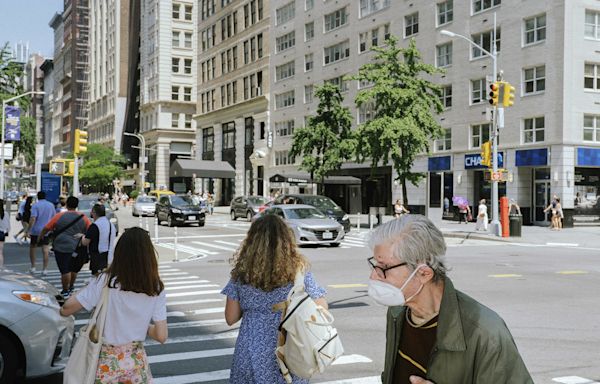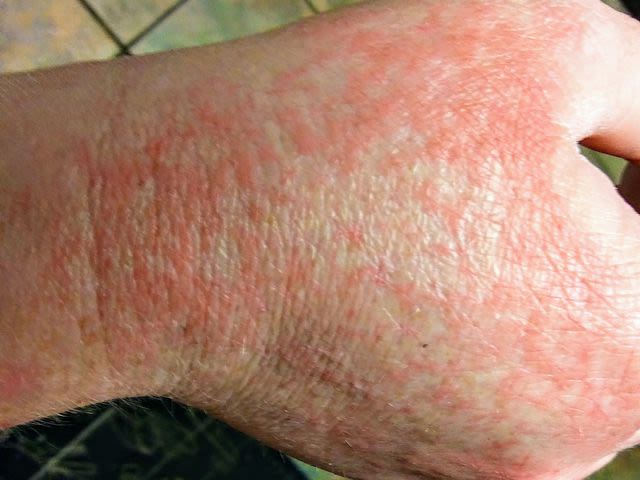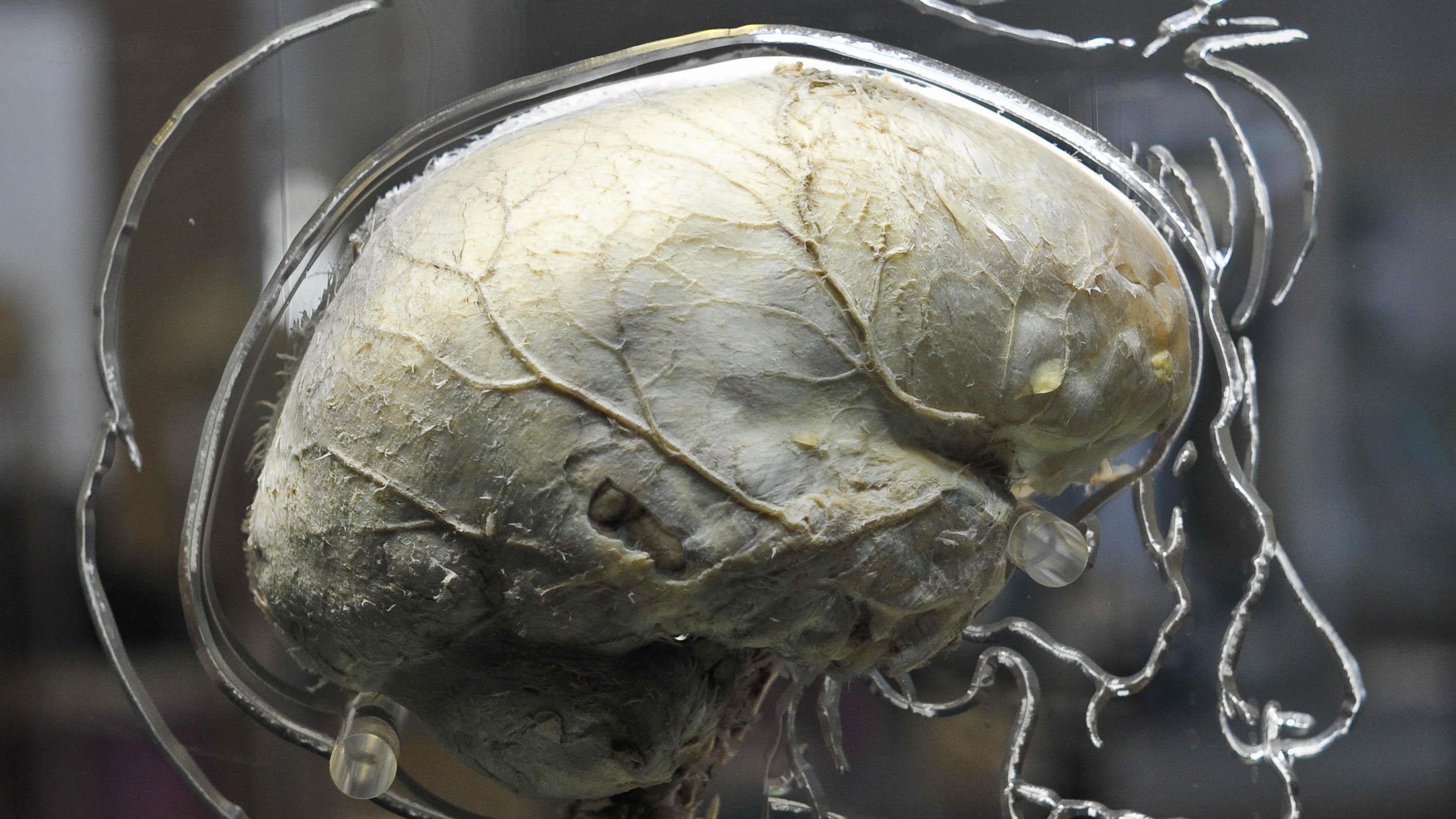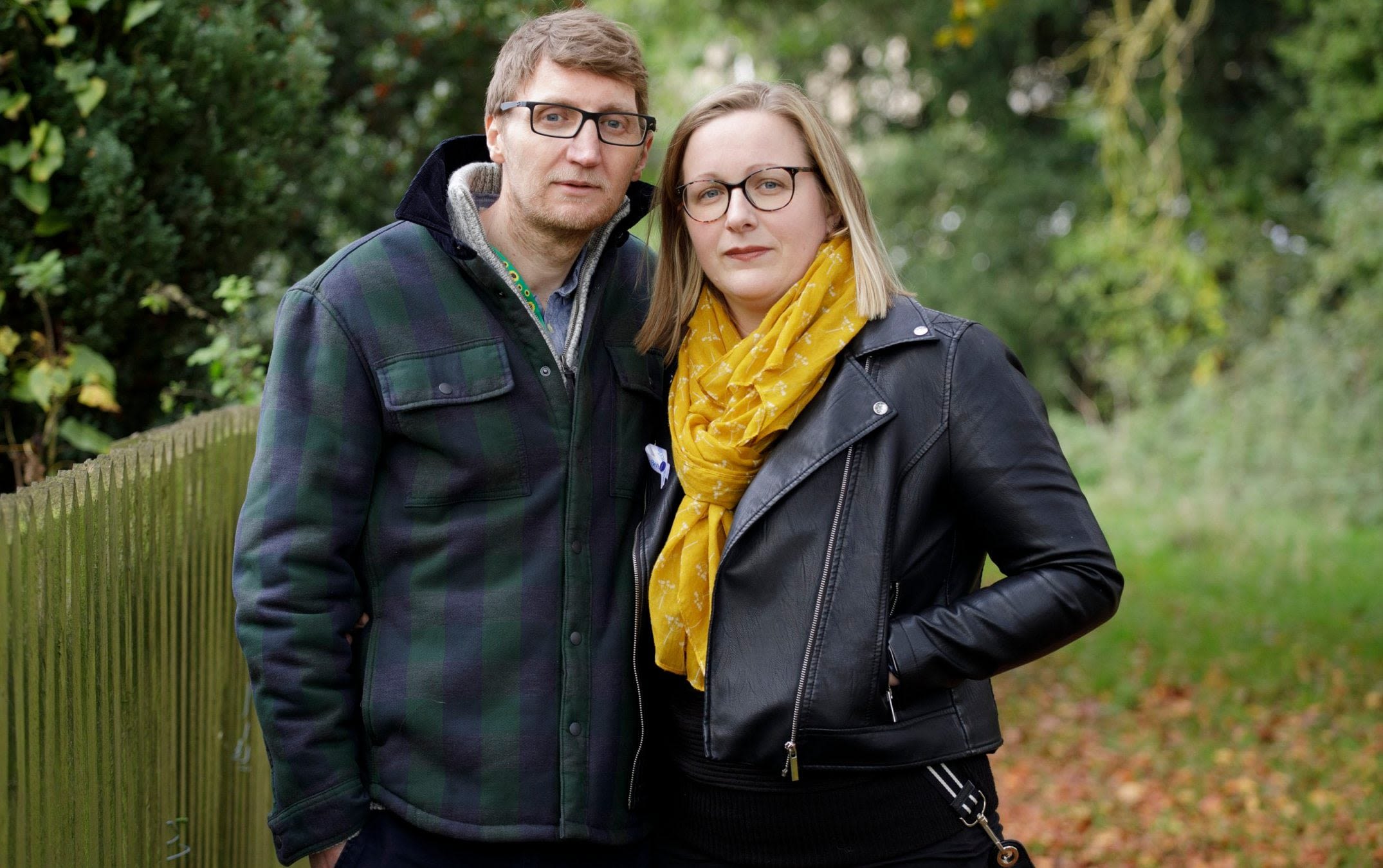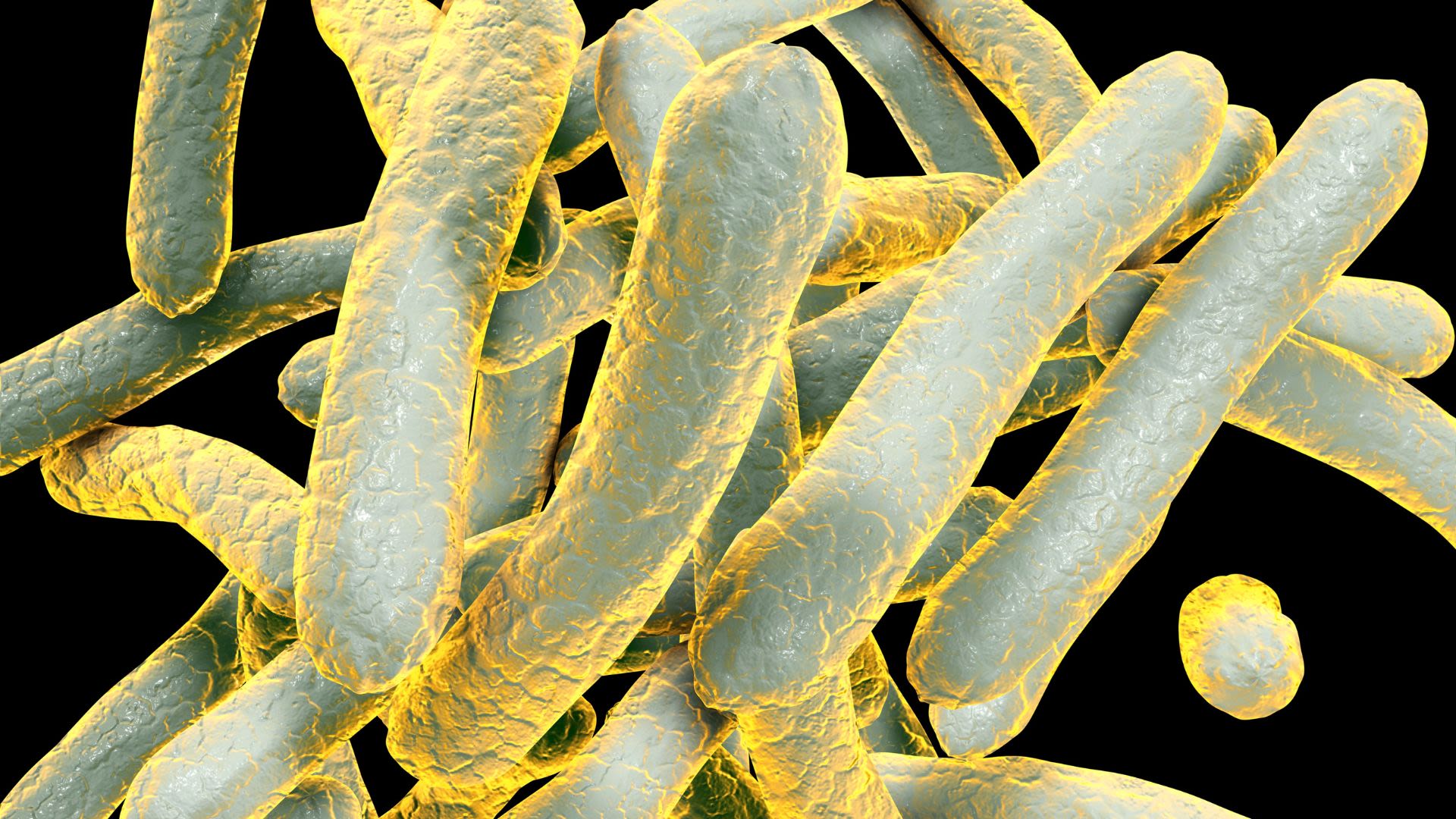Search results
News about COVID-19, infection, man
News about AstraZeneca, mRNA, Covid vaccine
Also in the news
6 days ago · Data from vaccine manufacturers suggest that, for most people, vaccines and booster doses start protecting you against the coronavirus within a week or two after your injection. However, specific factors, discussed later, can play a role in how quickly you develop immunity against COVID-19.
3 days ago · A recent study in Nature Communications suggests that by 24 months, signs of heightened immune activity in most long-COVID patients will have returned to normal levels. Pictured above is a ...
6 days ago · Key Takeaways. If you get COVID-19, you may continue to test positive even after you're feeling better. Some people who recover from COVID may test positive for weeks or even months after they were sick.
Apr 17, 2024 · The Moderna and Pfizer-BioNTech vaccines offer immunity against COVID-19 for up to six months. To increase protection, getting an updated COVID-19 vaccine is now recommended for everyone six months and older. Immunity wanes as antibody levels drop, so the need for annual shots and boosters to maintain immunity is likely.
Apr 15, 2024 · MSK Library Guides. Health Topics. COVID Impacts. Post-COVID Immune Dysfunction. One of the most concerning long-term impacts of COVID-19 is immune dysregulation and dysfunction.
Apr 14, 2024 · You should have your next scheduled dose of COVID-19 vaccine as soon as possible after 6 months. You should still have all the recommended doses for your age and health needs. Read the latest advice from the Australian Technical Group on Immunisation (ATAGI) on COVID-19 booster doses.
Apr 17, 2024 · Open access. Published: 17 April 2024. Improvement of immune dysregulation in individuals with long COVID at 24-months following SARS-CoV-2 infection. Chansavath Phetsouphanh, Brendan Jacka,...

